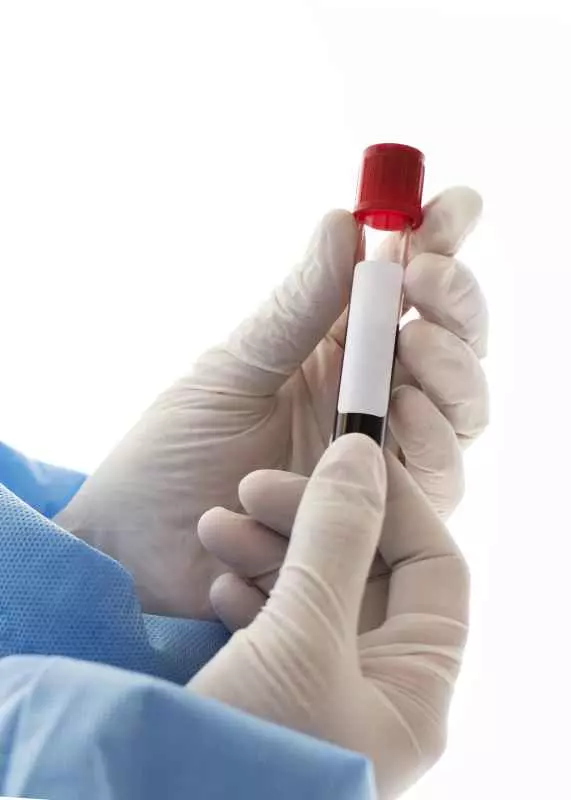In today's article, we will present the latest scientific research on hyperhomocysteinemia a disease that can lead to serious health problems. Find out what hyperhomocysteinemia is, its causes, symptoms and effects. We will also present the latest scientific findings on this disease and ways to treat it.
What is hyperhomocysteinemia?
Hyperhomocysteinemia is a condition in which the level of homocysteine in the blood is significantly increased. Homocysteine is an amino acid that is produced during the breakdown of amino acids associated with protein metabolism. In the body of a healthy person, homocysteine is converted into harmless chemical compounds. However, in the case of hyperhomocysteinemia, this process is disrupted, leading to its accumulation in the blood.
Hyperhomocysteinemia can be caused by a variety of factors, such as B vitamin deficiency, metabolic disorders, poor diet, smoking, alcohol abuse, certain genetic diseases, and certain medications. Research is aimed at thoroughly understanding these causes and finding effective treatments for hyperhomocysteinemia.
Symptoms and effects of hyperhomocysteinemia
Symptoms of hyperhomocysteinemia can vary and depend on a number of factors, such as age, gender and overall health. Some of the most common symptoms include fatigue, weakness, trouble concentrating, headache, nausea and vomiting, breathing problems, dizziness, sleep disturbances, depression and even problems with cardiovascular function.
Unidentified and untreated hyperhomocysteinemia can lead to serious health consequences. Scientific studies have shown that high levels of homocysteine in the blood increase the risk of cardiovascular diseases such as atherosclerosis, heart attack and stroke. In addition, hyperhomocysteinemia can also have a negative impact on nervous system health, leading to the development of neurodegenerative diseases such as Alzheimer's disease and dementia.
Latest scientific findings
Recent scientific studies show that hyperhomocysteinemia is a multifactorial disease whose treatment requires an individualized approach. Findings indicate that B vitamins, such as folic acid, vitamin B6 and vitamin B12, are effective in reducing blood homocysteine levels. In addition, a diet rich in vitamins and minerals helps reduce the risk of developing hyperhomocysteinemia.
Other treatments that scientists are currently working on include the use of special genetic therapies to repair errors in the genes responsible for homocysteine metabolism. New drugs that can reduce homocysteine levels in the blood are also showing promise.
Summary
Hyperhomocysteinemia is a disease whose causes, symptoms and effects are currently the subject of scientific research. Recent findings show that treatment of this disease requires an individualized approach based on the use of appropriate vitamins, a healthy diet and innovative genetic therapies. It is worth being aware of the risks of hyperhomocysteinemia and taking appropriate measures to maintain healthy blood homocysteine levels.